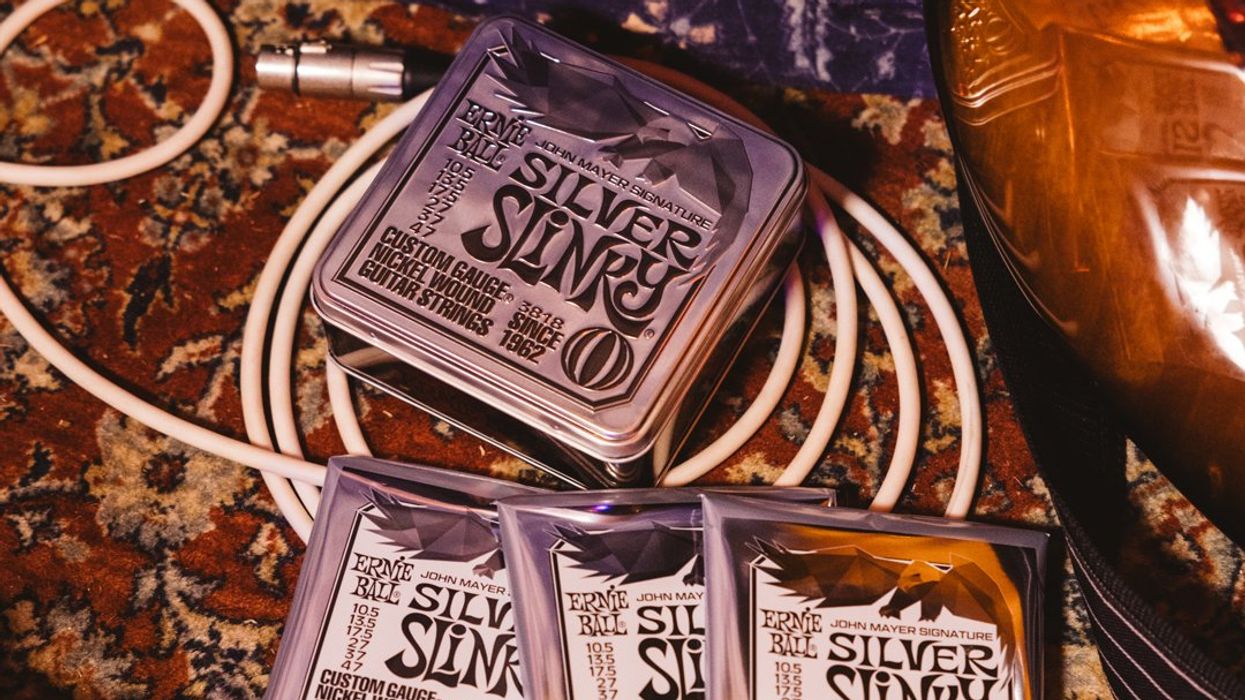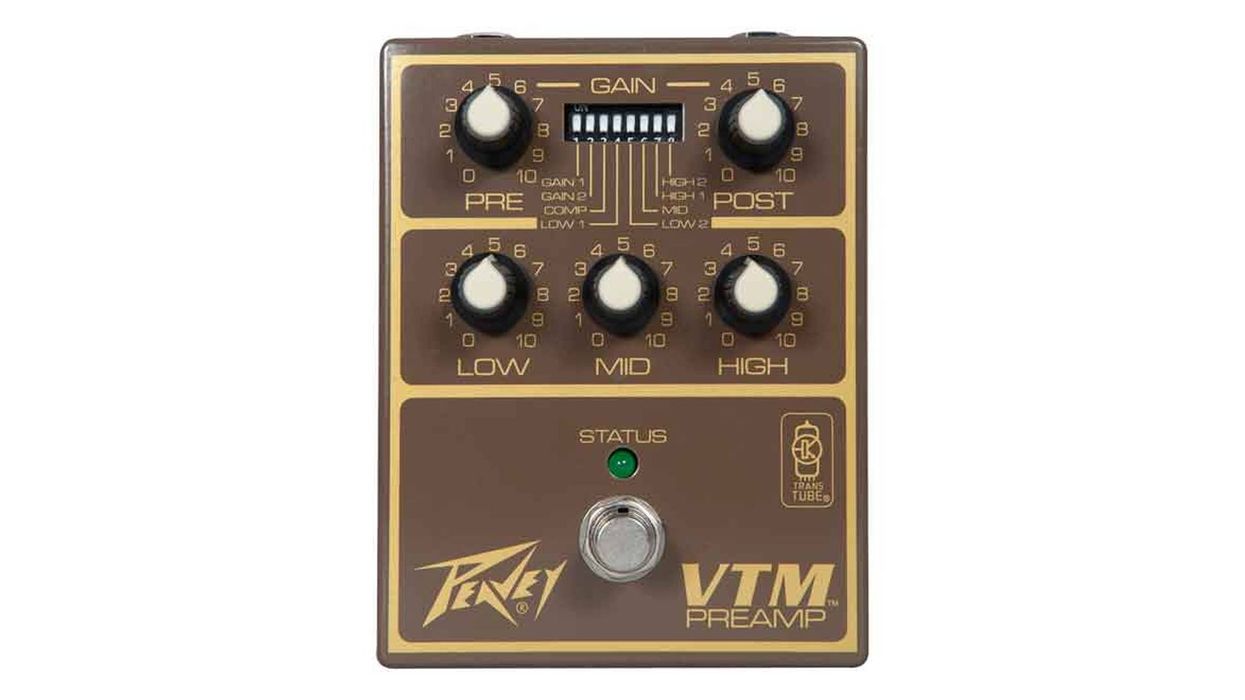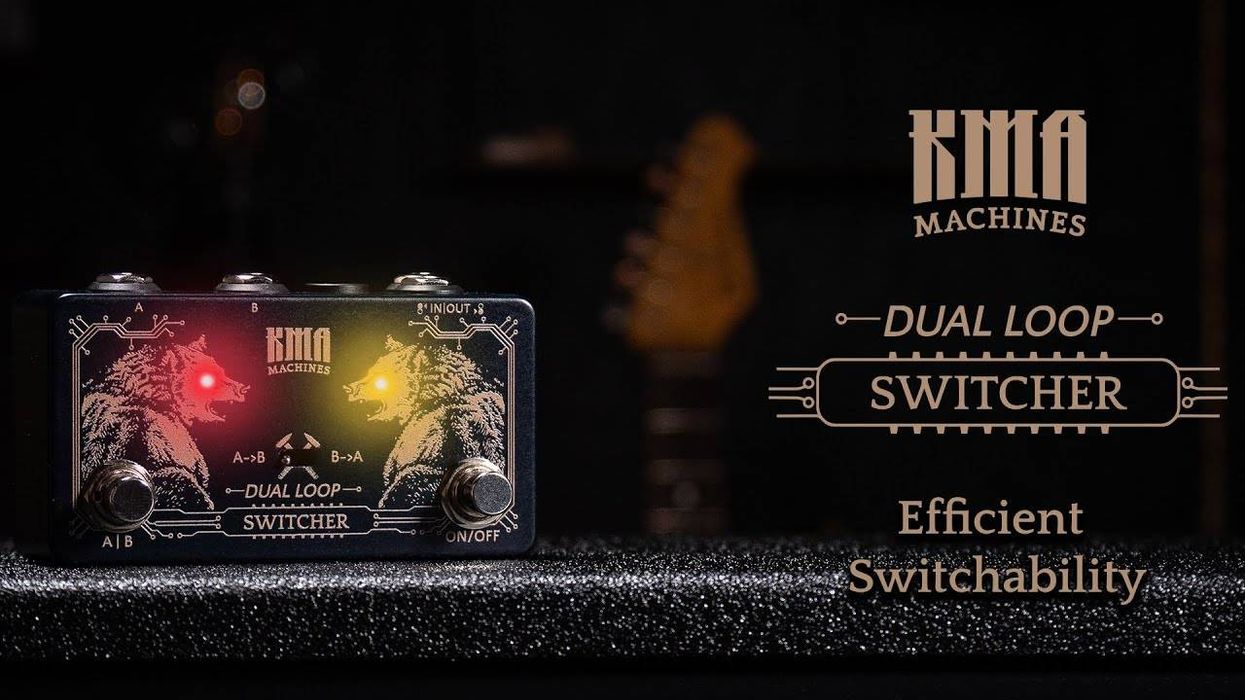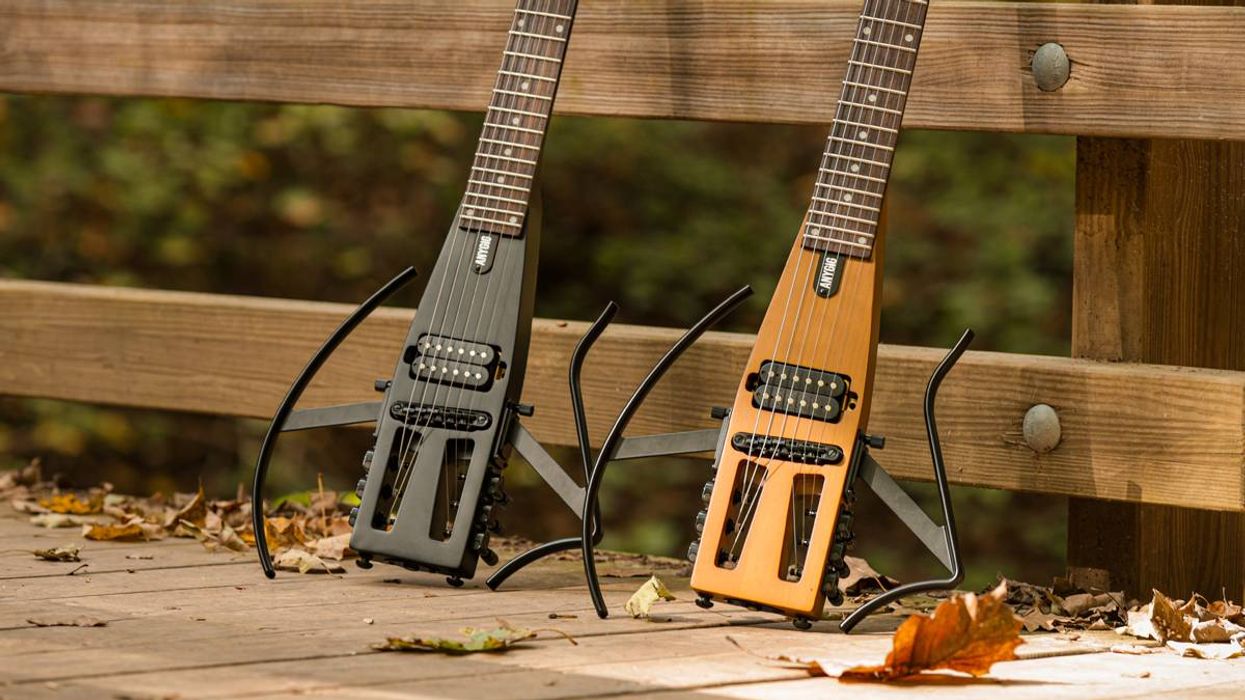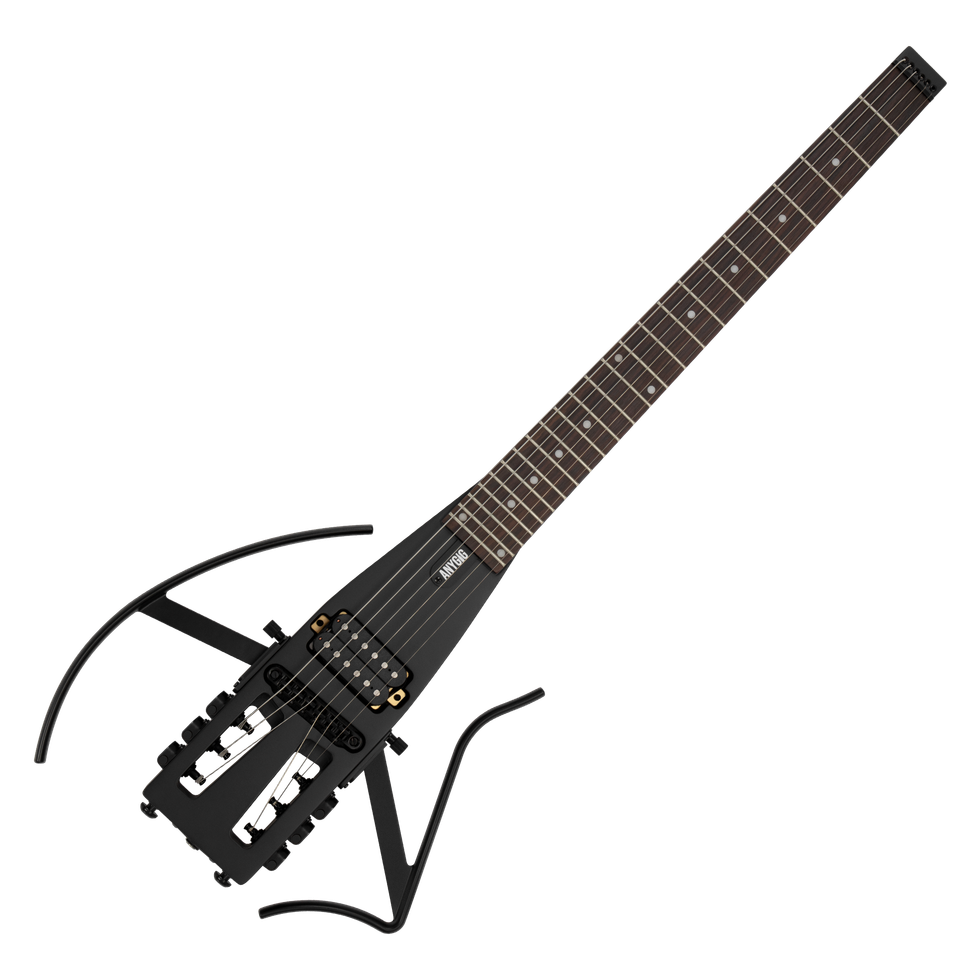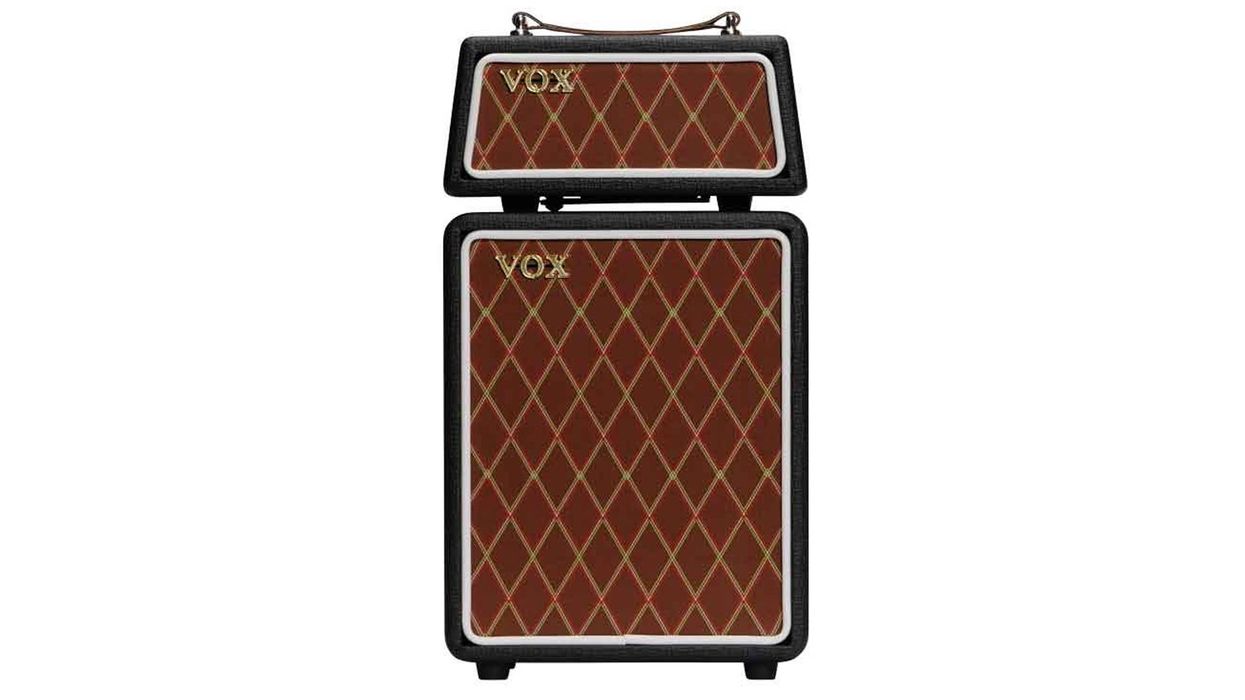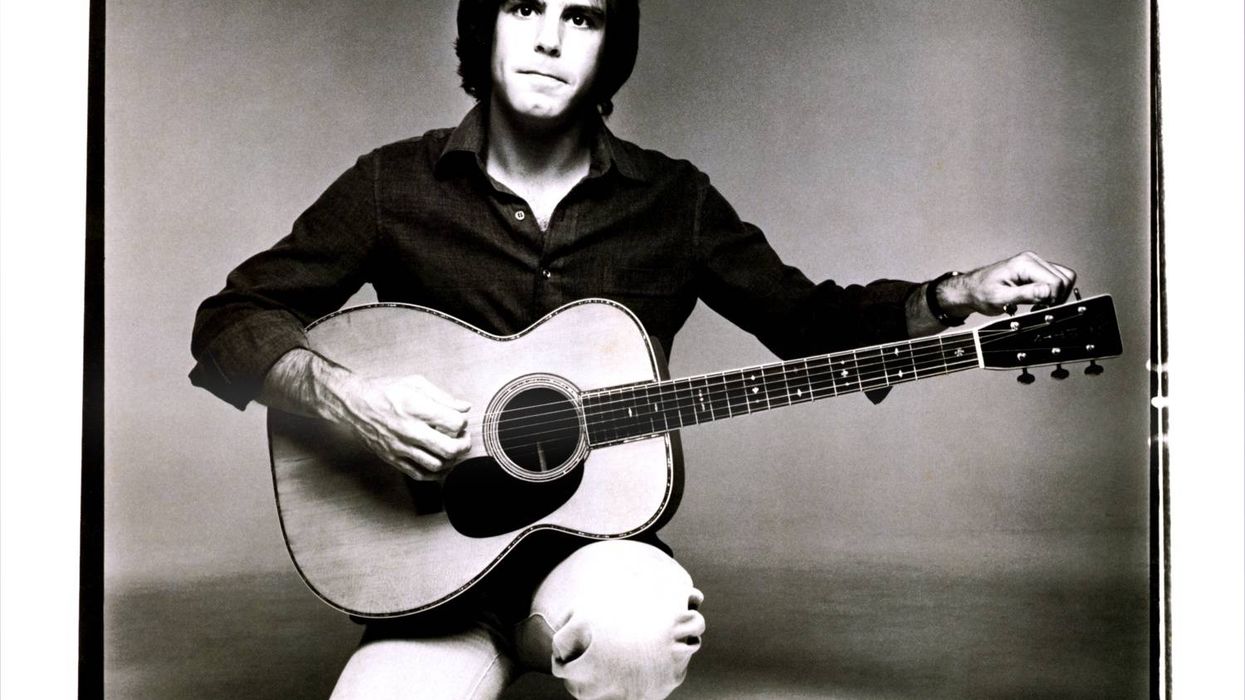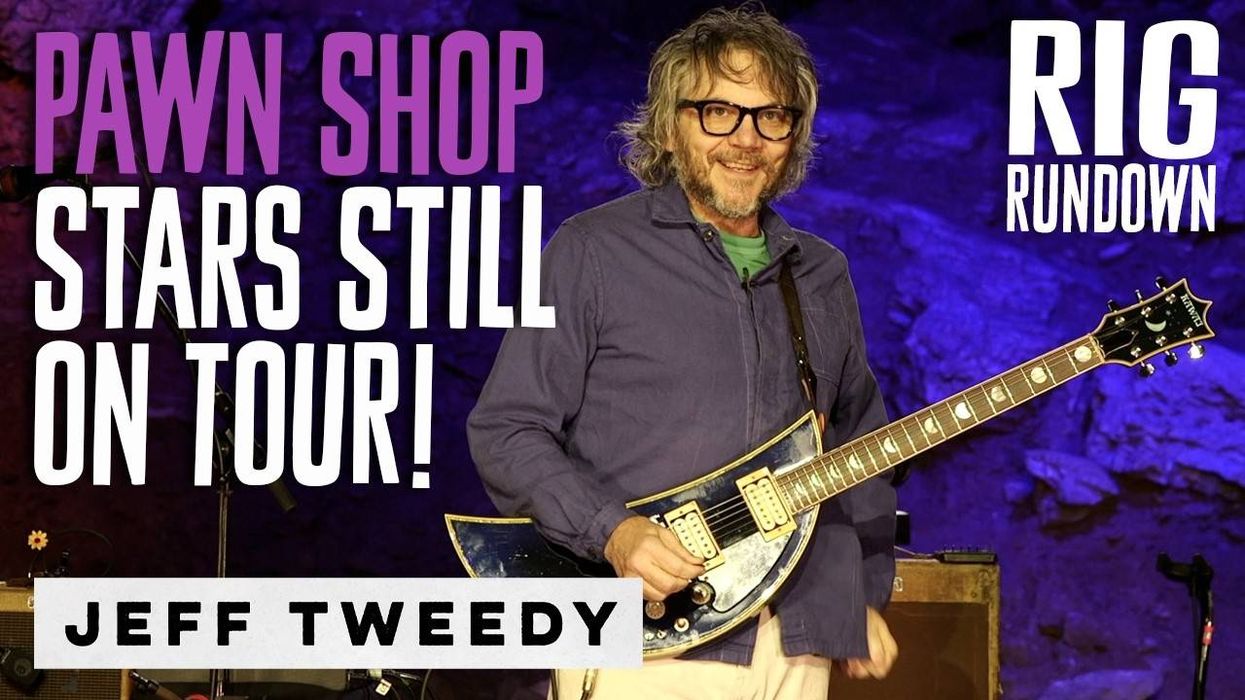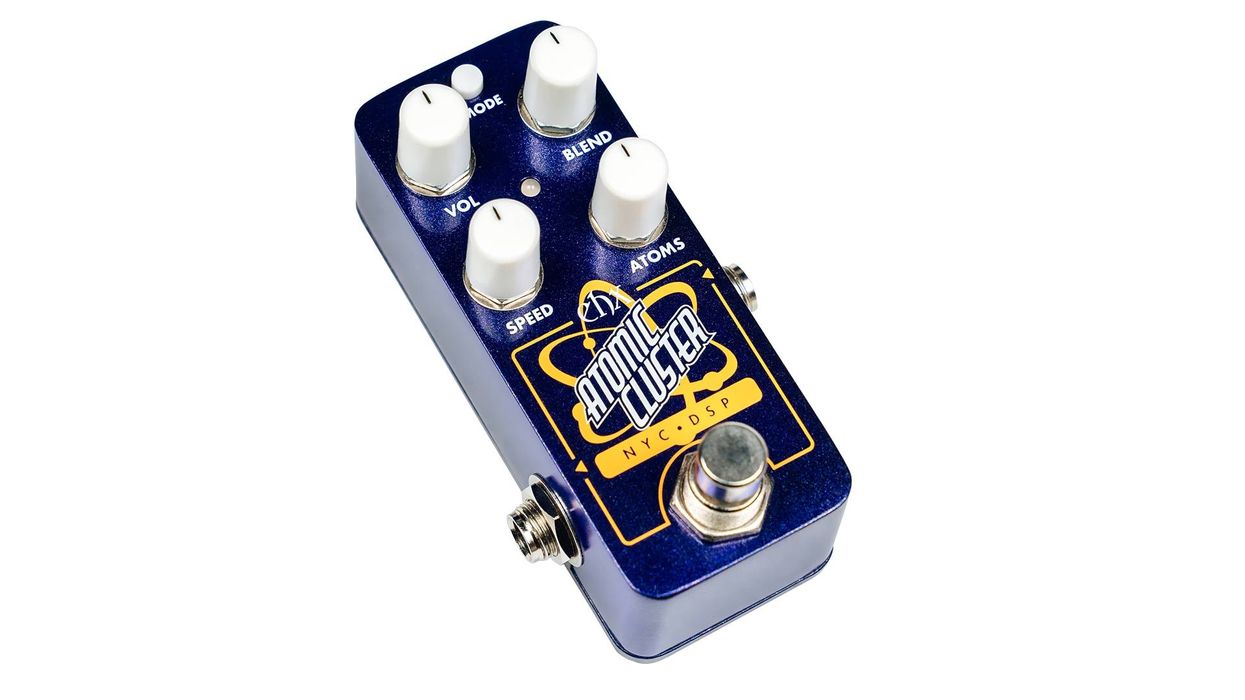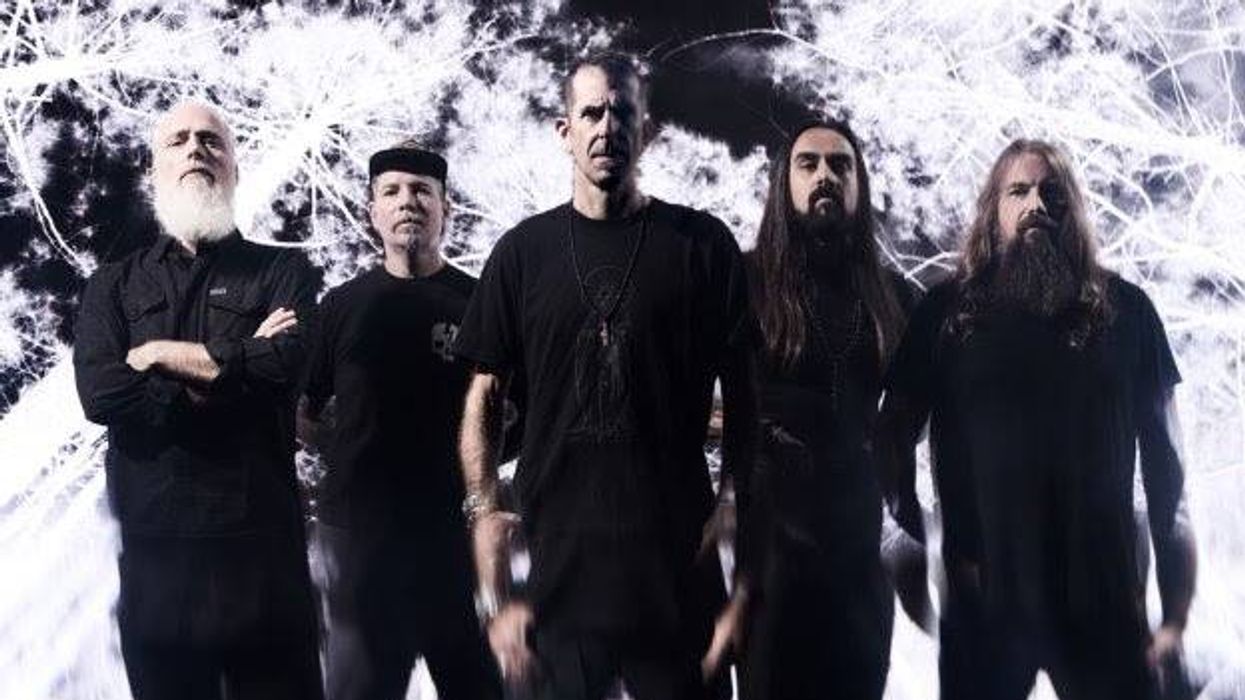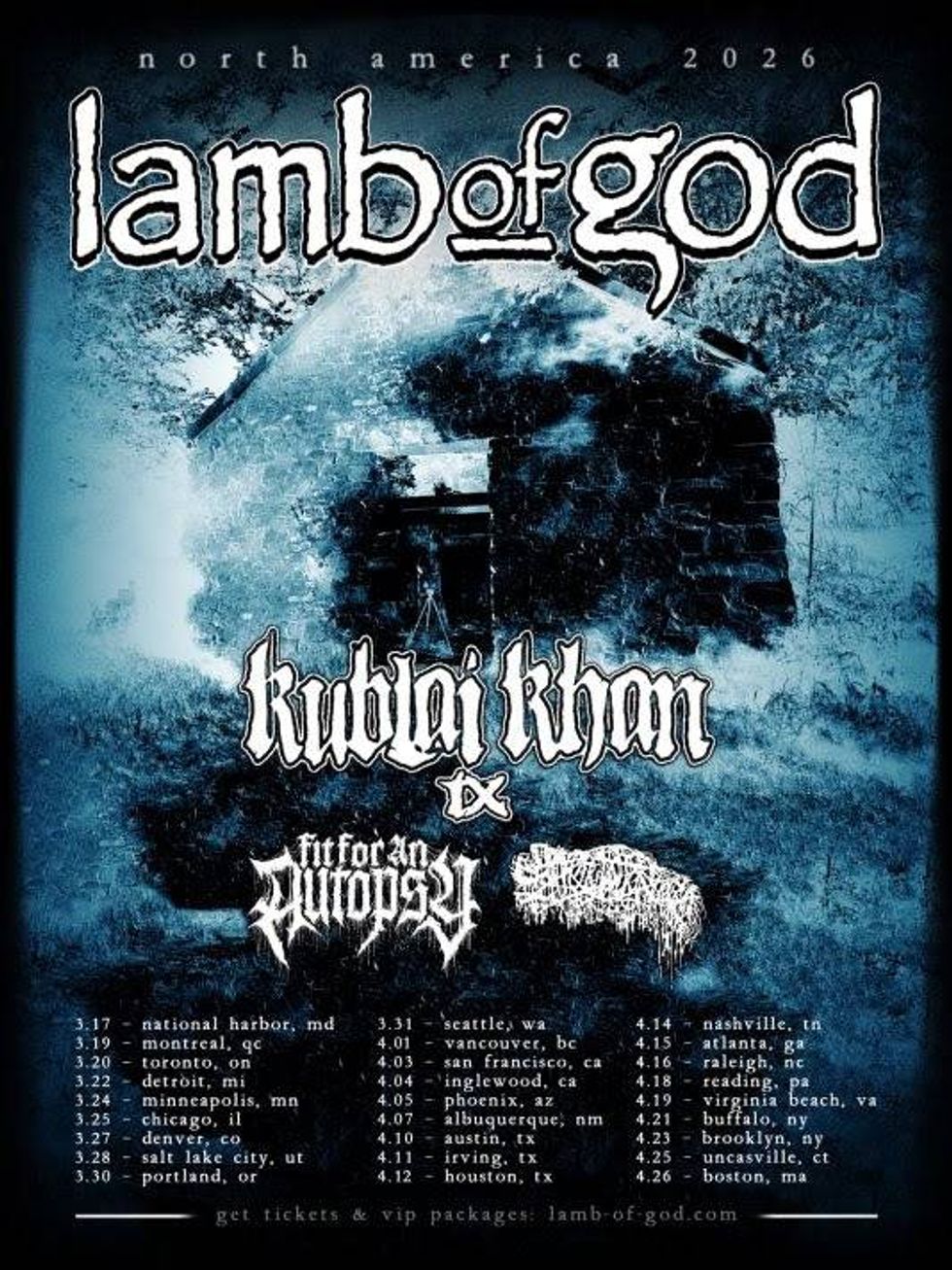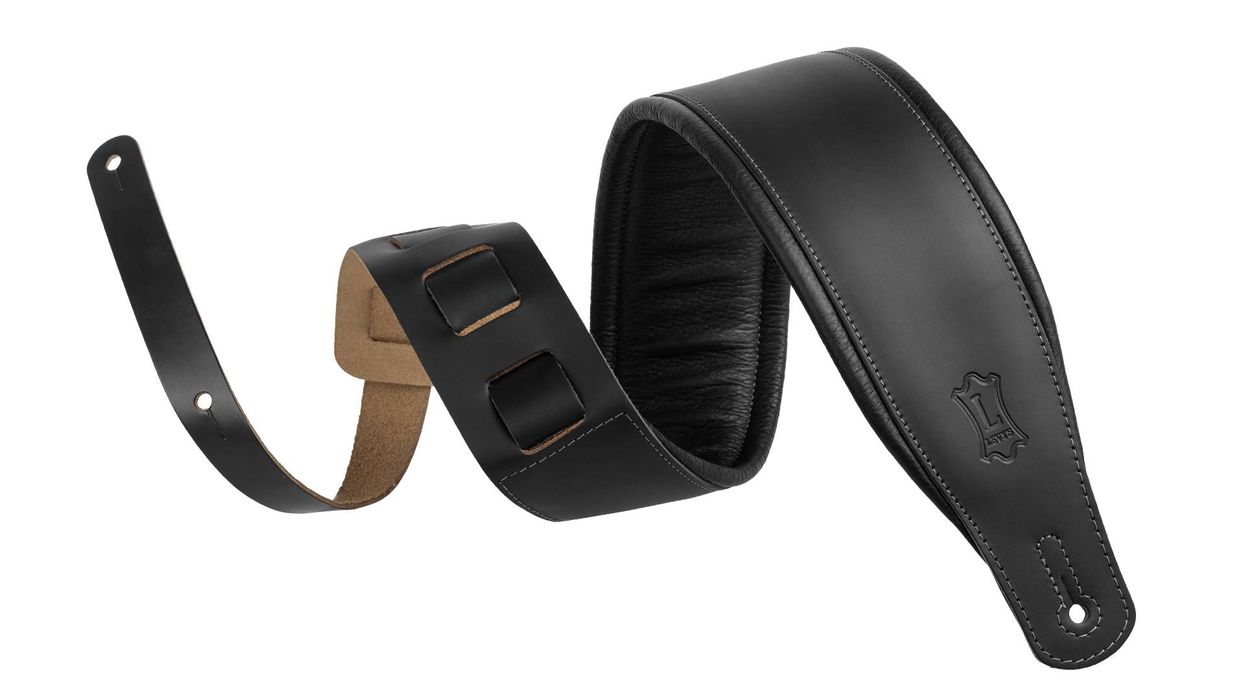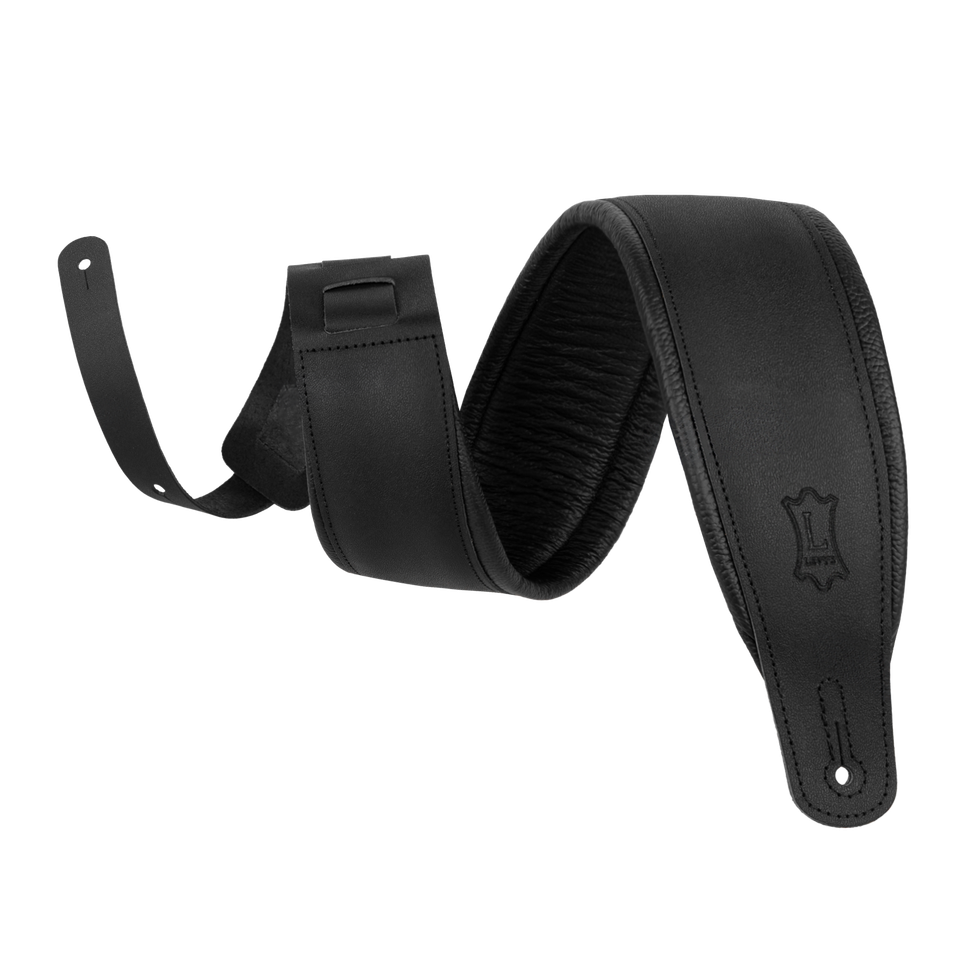John Mayer Silver Slinky Strings feature a unique 10.5-47 gauge combination, crafted to meet John's standards for tone and tension.
“I’ve always said that I don’t play the guitar, I play the strings. Having a feeling of fluidity is so important in my playing, and Ernie Ball strings have always given me that ability. With the creation of the Silver Slinky set, I have found an even higher level of expression, and I’m excited to share it with guitar players everywhere.”
— John Mayer
hese signature sets feature John’s previously unavailable 10.5-47 gauge combination, perfectly tailored to his unique playing style and technique. Each string has been meticulously crafted with specific gauges and core-to-wrap ratios that meet John’s exacting standards, delivering the ideal balance of tone and tension.
The new Silver Slinky Strings are available in a collectible 3-pack tin, a 6-pack box, and as individual sets, offered at retailers worldwide.
"Very few guitarists in the history of popular music have influenced a generation of players like John Mayer. For over 25 years, John has not only been a remarkable artist but also a dear friend to the Ernie Ball family. This partnership represents our shared passion for music and innovation, and we can't wait to see how John’s signature Silver Slinky strings continue to inspire guitarists around the world.”— Brian Ball, CEO of Ernie Ball
Product Features
- Unique gauge combination: 10.5, 13.5, 17.5, 27, 37, 47
- John’s signature gauge for an optimal balance of tone, tension, and feel
- Reinforced Plain Strings (RPS) for enhanced tuning stability and durability
- Custom Slinky recipes tailored to John’s personal preferences
